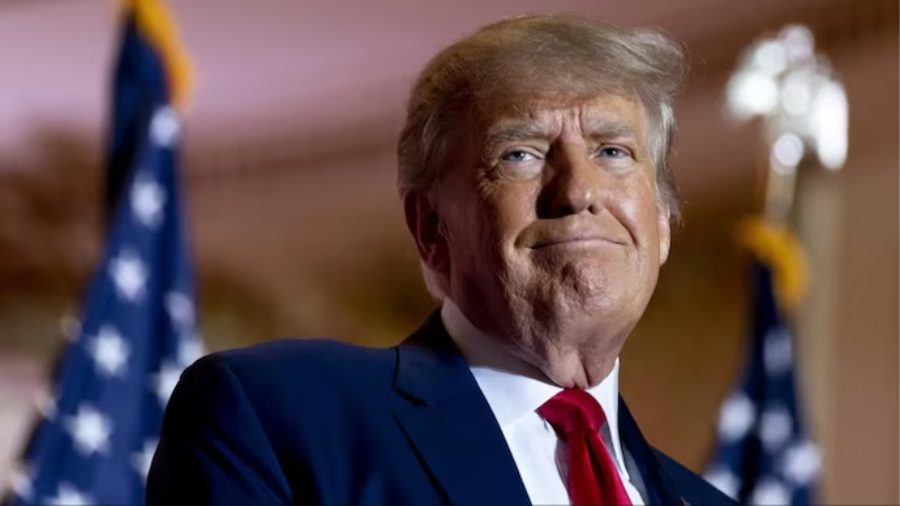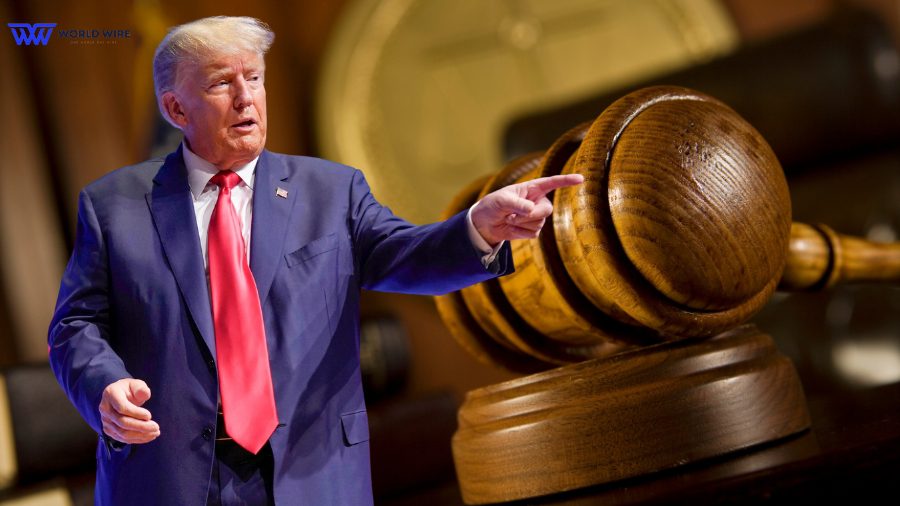The federal court has ruled against Donald Trump’s claim of “Presidential Immunity.”
Here are the details of the news.
Court Says Trump Can Be Charged for 2020 Election Case
On Tuesday, a federal appeals court rejected U.S. former President Donald Trump‘s appeal to be immune from prosecution in the Trump 2020 election conspiracy case, ruling that the former President will face trial on the alleged charges in the case.
In August 2023, Justice Department special counsel Jack Smith brought about an indictment against Trump alleging that he attempted to change the 2020 election result to overturn his defeat to President Joe Biden.
In October 2023, Trump filed a motion to dismiss the case on the grounds of ‘Presidential Immunity,’’ arguing that a president is immune from criminal prosecution for actions while serving the President’s office unless they are first impeached by the House and convicted by the Senate.
The lower court rejected the former President’s appeal, following which he appealed to the U.S. Court of Appeals for the District of Columbia Circuit. The recent ruling on Tuesday marks the second time judges have rejected Trump’s immunity claims.
A three-judge panel on the D.C. Circuit, including Judges Karen LeCraft Henderson, Michelle Childs, and Florence Pan, said it upholds the lower court’s decision of denying Trump absolute immunity from criminal prosecution.
The Judges wrote in the 57-page ruling, “For the purpose of this criminal case, former President Trump has become citizen Trump, with all of the defenses of any other criminal defendant. But any executive immunity that may have protected him while he served as President no longer protects him against this prosecution.”
The ruling added, “Presidential immunity against federal indictment would mean that, as to the President, the Congress could not legislate, the Executive could not prosecute, and the Judiciary could not review. We cannot accept that the office of the Presidency places its former occupants above the law for all time after that.”
The court also denied Trump’s claim that he could only be charged if convicted in a Senate impeachment.

In its earlier ruling in similar cases, the U.S. Supreme Court has ruled that presidents are immune from civil prosecution for official acts, but Trump’s lawyers argue that ‘Presidential Immunity’ should cover criminal prosecution as well.
However, the prosecutors have asserted that the U.S. Constitution has no such immunity and Trump’s alleged actions were not part of his official duties.
In a statement, Trump’s campaign spokesperson, Steven Cheung, said Trump “respectfully disagrees with the D.C. Circuit’s decision and will appeal it to safeguard the Presidency and the Constitution.”
“Trump’s prosecution is unconstitutional and threatens the bedrock of our Republic,” Cheung added.
The judges have also issued a deadline for Trump until February 12, 2024, to appeal to the D.C. Circuit to review its decision or appeal to the nation’s highest court to pause the ruling before it takes effect.
Earlier, the Supreme Court refused to interfere when Smith requested it to resolve the immunity matter in the case and returned the case to the appeals court.
Meanwhile, Trump has criticized the ruling on his Truth Social platform, calling it “So bad and so dangerous” while posting, “A Nation-destroying ruling like this cannot be allowed to stand.”
Trump is likely to appeal against the latest ruling. However, whether he will appeal to the D.C. Circuit or the Supreme Court to review the panel’s decision is unclear.
The 2020 federal election conspiracy case is one of four criminal lawsuits the former President faces. The trial for the case was initially set for March 2024 but postponed last week. The new date is yet to be released.
While Smith’s team wants the trial to take place soon this year, Trump’s team has constantly tried to delay it until after the Presidential election.
If Trump, the Republican primary front-runner, wins the 2024 Presidential election, he could use his position for legal gain and appoint a new attorney general to dismiss the federal cases against him or pardon himself.







Add Comment